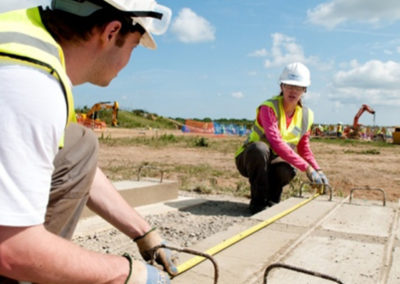Reducing carbon footprint of plastic bottle
Client: The Coca-Cola Company
Consultant: Dr Richard Murphy, Dr Jeremy Woods and Miss Miao Guo, LCAworks
Expertise: Life cycle analysis
Our consultants shared their expertise in life cycle analysis to compare the carbon footprints generated by the The Coca-Cola Company’s new PlantBottle™ versus their previous PET plastic bottle.
The Challenge
The Coca-Cola Company had developed a new bottle made through a process that turns sugar cane and molasses, a by-product of sugar production, into a monoethylene glycol, a major component of PET plastic. The packaging is made of up to 30% plant-based material and can be recycled in the existing recycling infrastructure. The challenge was to quantify the environmental benefits of the product.
The Solution
Through Imperial Consultants, LCAworks members Dr Richard Murphy, Dr Jeremy Woods and Miss Miao Guo carried out a full life-cycle analysis of the product as a major part of Coca Cola’s development programme.
The Impact
The life cycle analysis confirmed that the new PlantBottle™ reduced the CO2 impact 12-19% compared to petroleum-based PET plastic bottles. In 2010 alone, the use of this breakthrough packaging eliminated the equivalent of almost 300,000 metric tons of carbon dioxide, or approximately 60,000 barrels of oil.
The bottle is being piloted by Coca Cola North America in select markets and has also won the gold prize in the innovation and sustainability category at the DuPont Awards for Packaging Innovation which is an award that is recognised for environmental achievements in the area of packaging and is also the industry’s longest running, independently judged awards honouring materials, processing, technology and service achievements that demonstrate excellence in packaging innovation, sustainability and cost/waste reduction.
Share post:
Related case studies

Freshwater control system
Expertise in hydrological modelling helped PyTerra demonstrate the potential of new smart technology to reduce downstream flooding. read more

Shedding light in Madagascar
Our consultants shared their expertise in electronics to help ToughStuff International Ltd. confirm the durability and efficiency of LED circuits used in their solar powered lighting, which is designed to withstand challenging conditions. read more

Design advice on eco-ventilation system for homes
Our consultants shared their expertise in sustainable energy system design to help Clean Tech start up ‘Ventive Ltd’ to move into new markets with their PVHR (passive ventilation with heat recovery) system. read more
